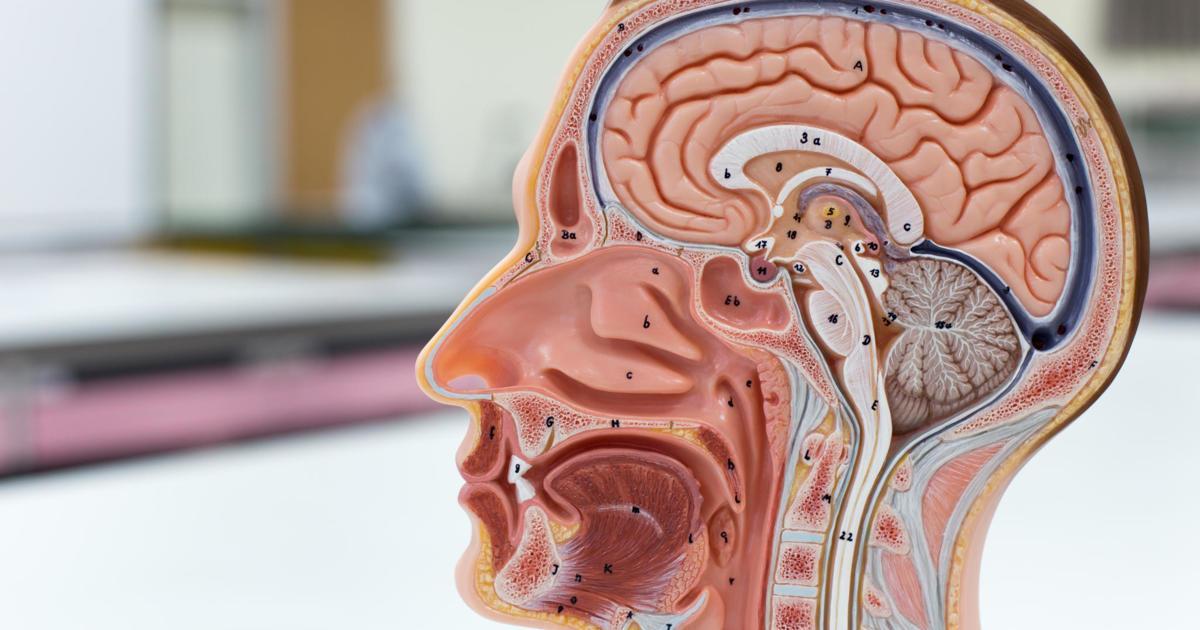Dr. Donald C Shields M.D., PH.D.
Neurosurgeon
2150 Pennsylvania Ave Nw Suite 7-420 Washington DC, 20037About
Dr. Donald Shields practices Neurological Surgery in Washington, DC. As a Neurological Surgeon, Dr. Shields prevents, diagnoses, evaluates, and treats disorders of the autonomic, peripheral, and central nervous systems. Neurological Surgeons are trained to treat such disorders as spinal canal stenosis, herniated discs, tumors, fractures, and spinal deformities, among many others.
Education and Training
Med Univ of Sc Coll of Med, Charleston Sc 2000
Medical University of South Carolina College of Medicine 2000
Provider Details
Expert Publications
Data provided by the National Library of Medicine- Contralateral conjugate eye deviation during deep brain stimulation of the subthalamic nucleus.
- Stereotactic coordinates associated with facial musculature contraction during high-frequency stimulation of the subthalamic nucleus.
- Critical role of calpain in spinal cord degeneration in Parkinson's disease.
- A historical perspective: stereotactic lesions for the treatment of epilepsy.
- Inhibition of Calpain Activation Protects MPTP-Induced Nigral and Spinal Cord
- Creating a Culture of Collaboration: A Brief History of Academic Neurosurgery in Washington, DC.
Treatments
- Carpal Tunnel Syndrome
- Stroke
- Neck Pain
- Back Pain
- Pinched Nerve
- Brain Tumor
- Cerebrovascular Disease
- Herniated Disc
- Spinal Stenosis
Dr. Donald C Shields M.D., PH.D.'s Practice location
Practice At 2150 Pennsylvania Ave Nw Suite 7-420
2150 Pennsylvania Ave Nw Suite 7-420 -Washington, DC 20037Get Direction
SPARTANBURG, SC 29303Get Direction
Dr. Donald C Shields M.D., PH.D.'s reviews
Write ReviewPatient Experience with Dr. Shields
Recommended Articles
- Lobotomies in Other Countries
What is a lobotomy and why was it used?A lobotomy is a neurosurgical procedure used for the treatment of various psychological conditions, such as severe depression, mania, schizophrenia, etc. It was even used for the treatment of homosexuality.The idea of brain surgery started around 1890, when a...
- Everything You Need to Know About a Laminectomy
What Is a Laminectomy?The lamina is the back part of your vertebra covering the spinal canal. Your doctor could decide to eliminate your lamina or the bone spurs around it when either causes compression of your spinal cord or the roots of your nerves. Pressure on the roots of your nerves can cause:...
- Scoliosis Pain: Treatment, Management, and Exercises
Scoliosis is a serious condition that often occurs more in females than in males. The condition itself can be hard to diagnose at the start, which is why the healthcare professional will subject the patient to several tests, including asking them to touch their toes as well as to find out if their...
- What Is a Transorbital Lobotomy?
Transorbital LobotomyTransorbital lobotomy was once considered as a form of neurosurgery that was labeled as "insane". A pioneer in this field was a Portuguese doctor named António Egas Moniz. He introduced frontal lobotomy in 1935 for certain cases of psychosis and won a Nobel Prize because of...
- What Is Minimally Invasive Spine Surgery?
Spinal surgery usually requires that the surgeon makes a relatively huge incision on the patient’s back in order to have complete access to the spinal vertebrae. This is the usual procedure in dealing with defects of the spine, and it has been so because of the delicate nature of the...
- Doctors and Specialists for Patients with Muscular Dystrophy
Everyone is susceptible to Muscular Dystrophy, especially if it runs in your family. This disease involves the diminishing and weakening of muscles. It is also a progressive condition, meaning, it can get worse and worse if left untreated. Hence, health professionals highly recommend that you see...
Nearby Providers
- Robert E. Rosenbaum8901 Wisconsin Ave. Bethesda Maryland 20889
- Dr. Sean A Jebraili MD8280 Willow Oaks Corporate Dr Fairfax VA 22031
- Michael D. Sirdofsky Other3800 Reservoir Rd NW Washington District of Columbia 20007
- Dr. Jared Joseph Marks MD6420 ROCKLEDGE DR STE 4920 BETHESDA MD 20817
- Dr. Jae Y Lim M.D.8501 Arlington Blvd Fairfax VA 22031
- Dr. Edward F Aulisi MD110 IRVING ST NW WASHINGTON DC 20010
Nearest Hospitals
HOWARD UNIVERSITY HOSPITALl
2041 GEORGIA AVE NW WASHINGTON DC 20060MEDSTAR GEORGETOWN UNIVERSITY HOSPITALl
3800 RESERVOIR RD WASHINGTON DC 20007










